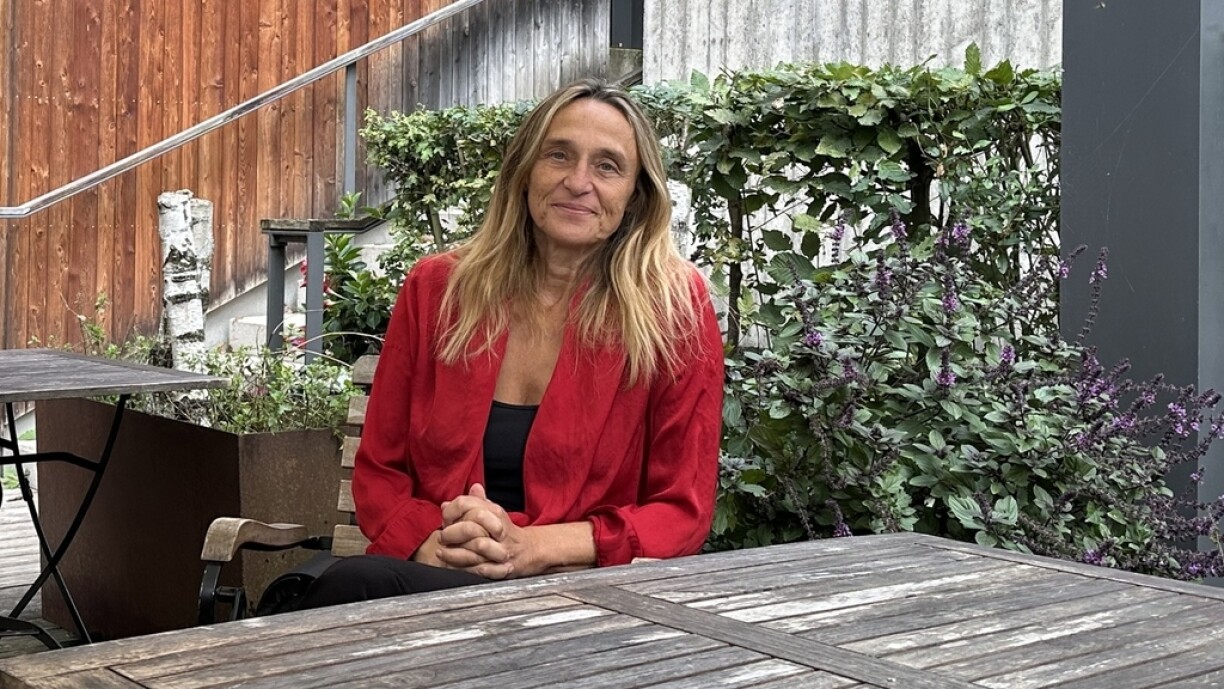
Weber’s commitment to protecting nature began long before she took on her leadership role in 2003. She first became active in MECO’s youth section, where she felt immediately at home among people who shared her ideals.
A television report in the 1980s on forest dieback, featuring then-Environment Minister Robert Krieps and MECO president Théid Faber, left a lasting impression, she said. She added that she realised that democracy and environmental protection were deeply linked, which became a conviction that has guided her ever since.
Over the past 50 years, MECO has aimed to push politics to integrate climate, environmental, and biodiversity concerns into decision-making, Weber said. She sees the group’s persistence as its greatest strength: ideas once dismissed, such as solar energy or public transport expansion, are now mainstream.
She pointed to the Luxembourg tram as one of their tangible successes. The idea, she explained, was originally championed by MECO in partnership with unions and associations, even at a time when politicians and the public ridiculed the concept. Thanks to years of studies, brochures, surveys, and advocacy campaigns, the project eventually became reality, Weber said proudly.
Weber added that nature parks were another area of achievement. Initially met with hostility, with some dismissing them as “Indian reservations”, MECO invested heavily in convincing local communities that the parks could strengthen regional identity, boost the economy, and protect biodiversity, she explained.
Weber also gave a special mention to committed mayors, such as previous Heiderscheid mayor Marco Schank, whose support allowed the initiative to gain ground. She highlighted that today, the parks are broadly accepted.
Weber argued that ecological awareness has since become embedded in Luxembourgish society, and that unions now work alongside environmental groups rather than against them. Yet despite this cultural shift, she lamented that the overall ecological situation has deteriorated. Weber noted that if society had stabilised emissions and biodiversity in the late 1980s, many problems could have been avoided. Instead, she said, emissions rose, species vanished, and habitats were lost.
On today’s government, her verdict was blunt: Luxembourg is failing to meet the urgency of the climate challenge. In her view, successive delays, half-measures, and an unwillingness to inconvenience citizens have worsened the crisis.
Weber mentioned reports such as the 2024 provisional climate assessment, which show emissions rising in construction and industry, with each year of inaction making future cuts harder and more drastic. She stressed that while climate change allows some scope for adaptation in wealthy countries, biodiversity collapse threatens the very survival of the planet.
Still, Weber insisted, solutions exist. From supporting regional agriculture and organic farming to reducing meat consumption, expanding urban greenery, and improving housing renovation, there is no shortage of constructive measures. The problem, she argued, is that the government fails to promote or implement them convincingly.
On housing, Weber dismissed the idea that environmental regulation is the main obstacle to new projects. Bureaucracy, lost plans, and ministerial delays, she said, are far more often to blame. With population growth placing immense strain on housing, transport, health, and education, she argued that unoccupied homes and unused plots should be prioritised before new land is developed.
Weber also addressed the criticism she frequently receives as the public face of Mouvement écologique. Constructive arguments, she said, are always welcome, but hostile or sexist attacks have no place in public discourse. What sustains her, she added, are the countless volunteers working within Mouvement écologique, and the occasional words of encouragement she receives in person from strangers who appreciate her efforts.
Turning to youth activism, Weber said she still sees strong commitment among young people, especially through the own youth branch Moove within Mouvement écologique. Yet she acknowledged that climate anxiety, combined with the difficulty of finding jobs and housing, leaves many young people with less energy for public activism.
She also criticised the way the previous government had treated the Youth For Climate movement, inviting them into complex technical meetings as though they were expert panels rather than engaged citizens. This, she said, discouraged many.
Looking to the future, Weber admitted that succession in leadership roles is a challenge for all organisations, including her own. For now, however, she remains motivated.
Weber acknowledged that activism is often exhausting, but stated that it is ultimately rewarding to know that concrete improvements, from the tram to greener cities, were made possible by persistent civic engagement. That, she said, gives her the strength to continue.